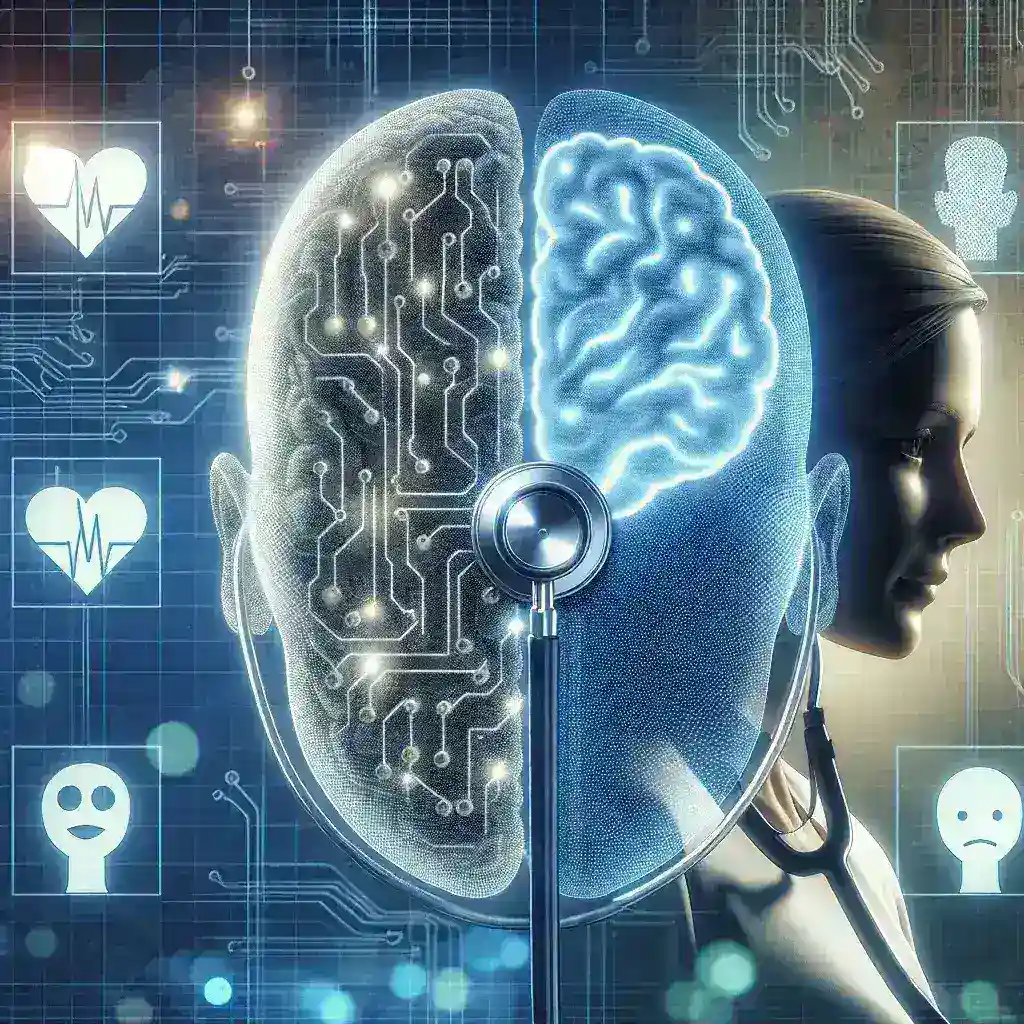Introduction
In recent years, artificial intelligence (AI) has emerged as a powerful tool in various fields, and mental health is no exception. AI’s capability to analyze data and recognize patterns offers new avenues for monitoring mental health conditions, improving patient care, and promoting overall wellness.
The Importance of Mental Health Monitoring
Mental health issues are increasingly prevalent, with millions of people affected worldwide. Continuous monitoring is essential for effective treatment and support. Traditional methods of monitoring mental health often rely on periodic evaluations, which can miss critical changes in a patient’s condition. This is where AI can play a pivotal role.
Real-Time Insights
AI technologies can analyze large datasets quickly, providing real-time insights into a patient’s mental health status. Here are some ways AI is utilized:
- Wearable Devices: Wearables equipped with sensors can track physiological signs such as heart rate and sleep patterns, which are indicators of mental health.
- Mobile Apps: AI-driven apps can gather user data and provide immediate feedback, helping users track their mood and anxiety levels.
- Natural Language Processing: AI can analyze text and speech to identify emotional cues and changes in language patterns associated with mental health issues.
Predictive Analytics
AI’s predictive analytics capabilities help identify risk factors for mental health crises. By analyzing historical data, AI can assist healthcare providers in forecasting potential relapses or the onset of symptoms. This proactive approach allows for timely interventions and can significantly improve patient outcomes.
Personalized Treatment Plans
AI can aid in the development of personalized treatment plans by analyzing individual data, such as treatment responses, preferences, and progress. This tailored approach ensures that patients receive the most effective interventions, enhancing their experience and success rates in managing their conditions.
Challenges and Ethical Considerations
Despite its advantages, the integration of AI in mental health monitoring comes with challenges:
- Data Privacy: Safeguarding patient data is paramount, and strict measures must be in place to prevent breaches.
- Bias in Algorithms: AI systems are only as good as the data they are trained on. Ensuring diverse and accurate datasets is crucial to avoid biased outcomes.
- Dependence on Technology: While AI can enhance monitoring, it should not replace human interaction, which is vital in mental health care.
Conclusion
AI has the potential to revolutionize mental health monitoring by providing real-time insights, enabling predictive analytics, and facilitating personalized treatment. However, it is essential to address ethical concerns and ensure that technology complements rather than replaces human care. As we navigate this evolving landscape, the collaboration between AI and mental health professionals can lead to improved outcomes and a deeper understanding of mental health issues.

